Na této adrese není žádný obsah. Pravděpodobně je adresa chybná. Pokusili jsme se najít stránky, které by mohly být podobné. Vyberte si z nich. Nevyberete-li si, pokračujte na hlavní stránku, prosím.
 Václav Havel (Critical Lives) Williams Kieran
392 Kč
od 3 obchodů
Václav Havel (Critical Lives) Williams Kieran
392 Kč
od 3 obchodů
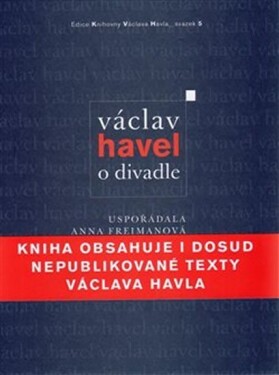 Václav Havel: divadle Václav Havel:
350 Kč
od 2 obchodů
Václav Havel: divadle Václav Havel:
350 Kč
od 2 obchodů
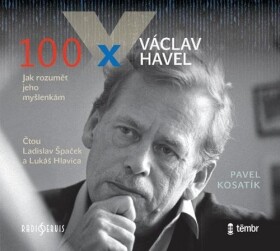 100 Václav Havel
245 Kč
od 4 obchodů
100 Václav Havel
245 Kč
od 4 obchodů
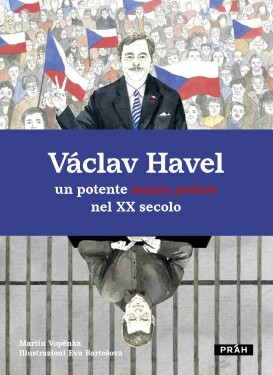 Václav Havel
309 Kč
od 4 obchodů
Václav Havel
309 Kč
od 4 obchodů
 Václav Havel
309 Kč
od 4 obchodů
Václav Havel
309 Kč
od 4 obchodů
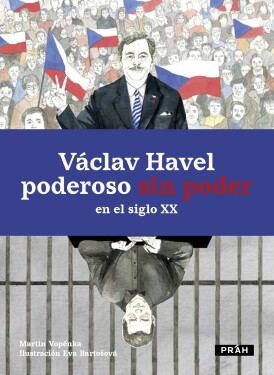 Václav Havel
309 Kč
od 4 obchodů
Václav Havel
309 Kč
od 4 obchodů
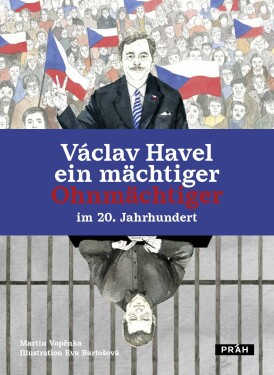 Václav Havel
309 Kč
od 4 obchodů
Václav Havel
309 Kč
od 4 obchodů
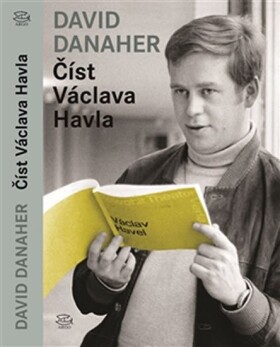 Číst Václava Havla
243 Kč
od 3 obchodů
Číst Václava Havla
243 Kč
od 3 obchodů
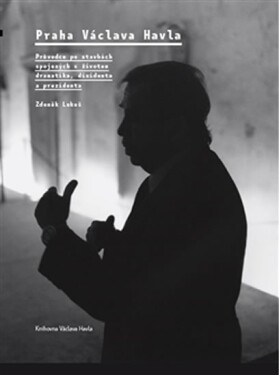 Praha Václava Havla
267 Kč
od 5 obchodů
Praha Václava Havla
267 Kč
od 5 obchodů
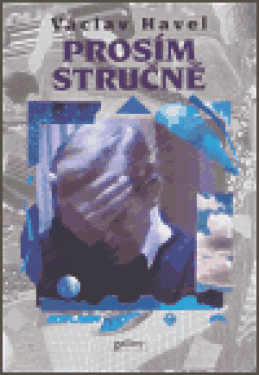 Prosím stručně Václav Havel
88 Kč
od 2 obchodů
Prosím stručně Václav Havel
88 Kč
od 2 obchodů
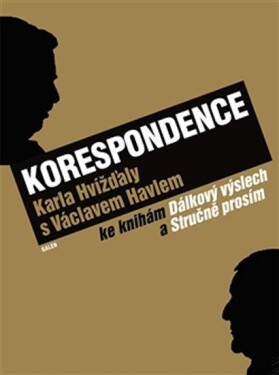 Korespondence Karla Hvížďaly Václavem Havlem
238 Kč
od 5 obchodů
Korespondence Karla Hvížďaly Václavem Havlem
238 Kč
od 5 obchodů
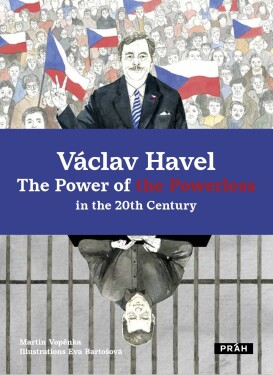 Václav Havel
309 Kč
od 3 obchodů
Václav Havel
309 Kč
od 3 obchodů
 Václav Havel mocný bezmocný ve 20. století
284 Kč
od 5 obchodů
Václav Havel mocný bezmocný ve 20. století
284 Kč
od 5 obchodů
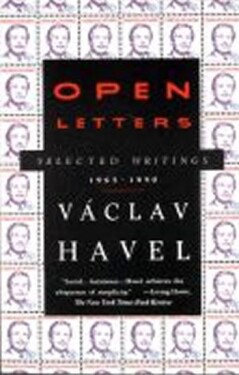 Open Letters Selected Writings, 1965-1990 Václav Havel
297 Kč
od 2 obchodů
Open Letters Selected Writings, 1965-1990 Václav Havel
297 Kč
od 2 obchodů
 Pánské pyžamo Taro Kieran 3182 kr/r M-2XL L24 šedá melanž M
979 Kč
od Luxusnipradlo.cz
Chlapecké pyžamo Taro Kieran 3197 kr/r 146-158 L24 zelená melanž 146
1 169 Kč
Pánské pyžamo Taro Kieran 3182 kr/r M-2XL L24 šedá melanž M
979 Kč
od Luxusnipradlo.cz
Chlapecké pyžamo Taro Kieran 3197 kr/r 146-158 L24 zelená melanž 146
1 169 Kč
 Chlapecké pyžamo Taro Kieran 3202 kr/r 104-116 L24 zelená melanž 116
729 Kč
od Luxusnipradlo.cz
Chlapecké pyžamo Taro Kieran 3202 kr/r 104-116 L24 zelená melanž 116
729 Kč
od Luxusnipradlo.cz
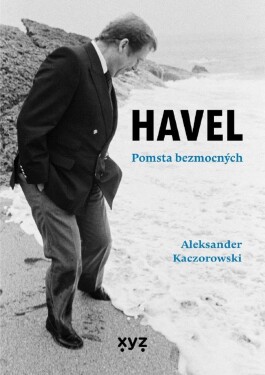 Havel: Pomsta bezmocných
341 Kč
od 6 obchodů
Havel: Pomsta bezmocných
341 Kč
od 6 obchodů
 Pánský pečetní prsten Williams, Stříbrná
699 Kč
od Alexbijoux.cz
Pánský pečetní prsten Williams, Stříbrná
699 Kč
od Alexbijoux.cz
 Pánský pečetní prsten Williams, Černá
719 Kč
od Alexbijoux.cz
Pánský pečetní prsten Williams, Černá
719 Kč
od Alexbijoux.cz
 Adidas Originals Šortky Williams M AO2997 S
919 Kč
od Luxusnipradlo.cz
Adidas Originals Šortky Williams M AO2997 S
919 Kč
od Luxusnipradlo.cz
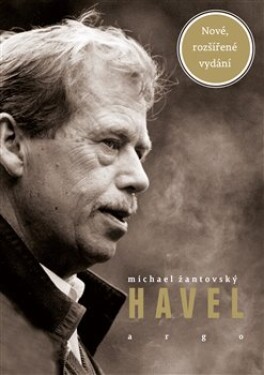 Havel Michael Žantovský
335 Kč
od Kosmas.cz
Havel Michael Žantovský
335 Kč
od Kosmas.cz
 XL live CD
215 Kč
od 2 obchodů
Liv Amiti 2023
66 229 Kč
XL live CD
215 Kč
od 2 obchodů
Liv Amiti 2023
66 229 Kč